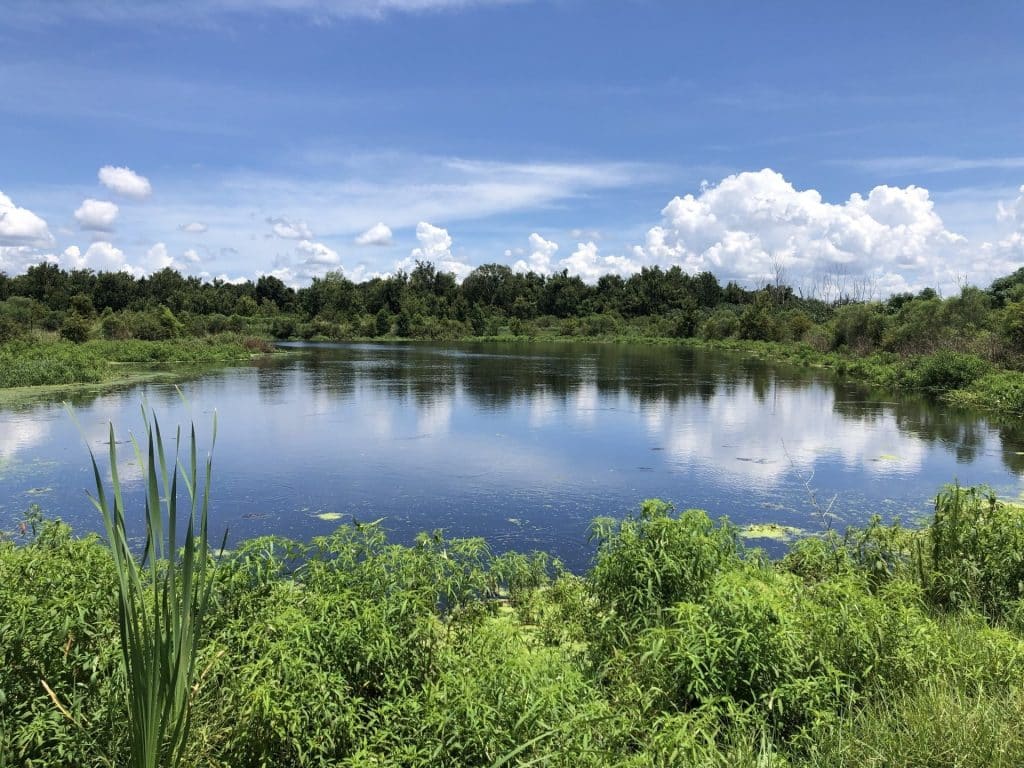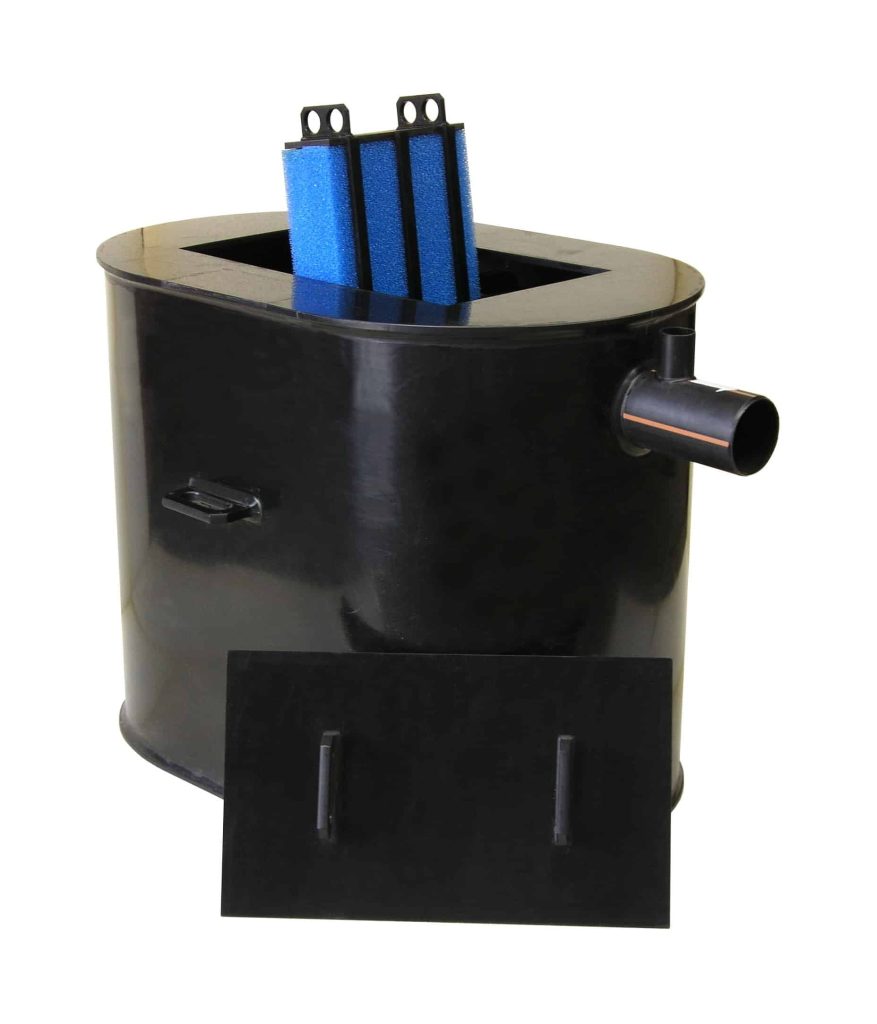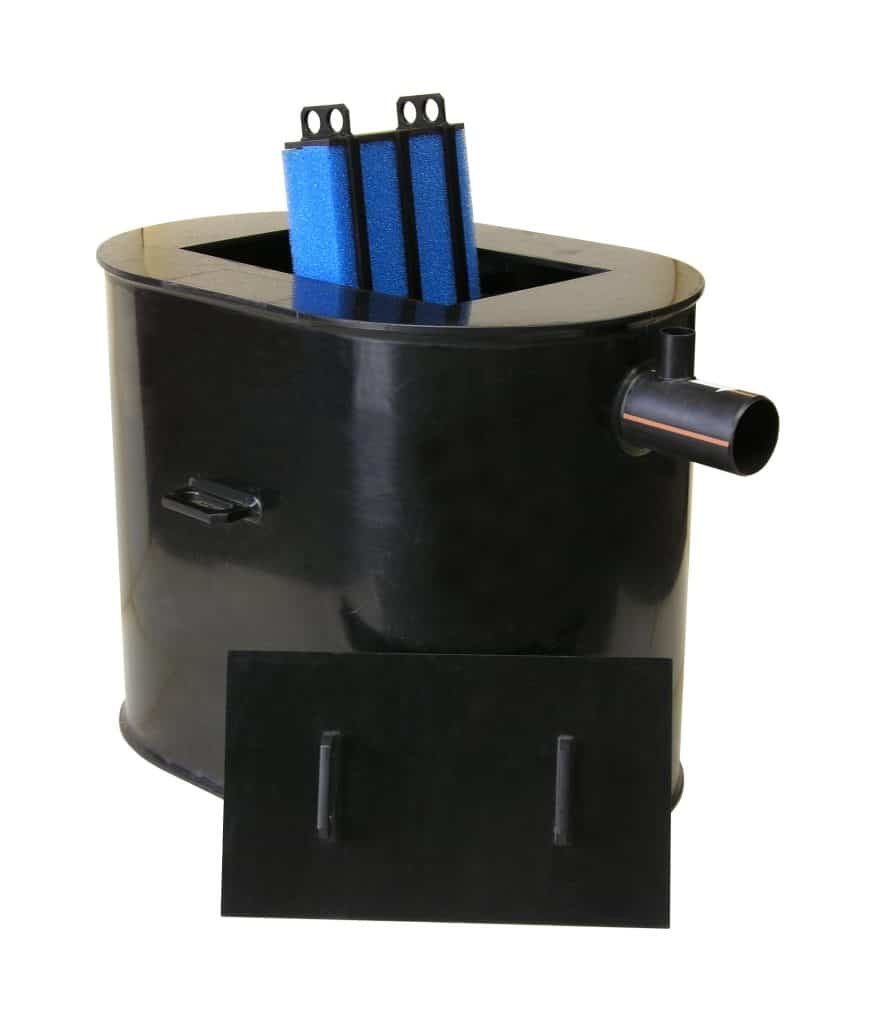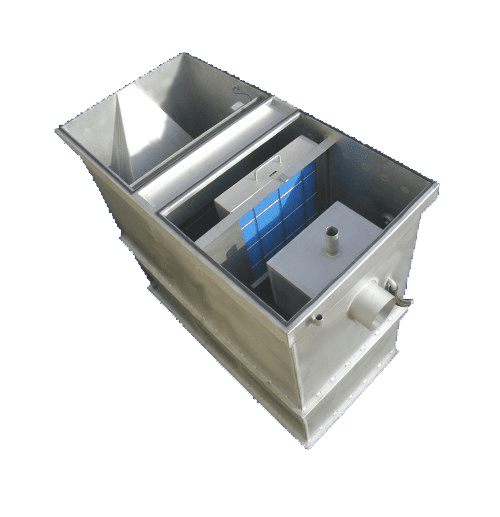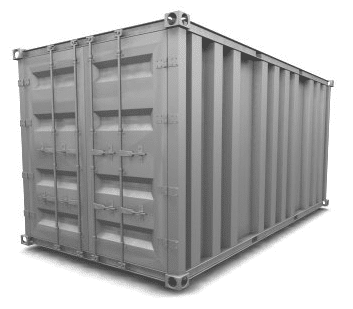In today’s world, keeping up with environmental rules and running smoothly is key. How to Troubleshoot an Above Ground OWS? or How do you fix an above ground oil water separator (OWS) to make sure it works well? Knowing how to do this can mean the difference between following the law and facing big fines. This article will show you how to find and fix common OWS problems before they get worse.
It’s important to understand how to manage an OWS. Issues like not separating oil and water well, bad smells, and leaks can happen. This guide will help you figure out and fix these problems. You’ll learn more about OWS technology and how it affects your work and the planet.
Key Takeaways
- Effective troubleshooting can prevent costly outages and ensure compliance with regulations.
- Regular maintenance is key to minimizing operational costs and maximizing efficiency.
- Identifying warning signs early can drastically reduce sludge cleanout frequency and expenses.
- Understanding technology like coalescing media could lead to improvements in separation efficiency.
- Utilizing advanced design features can significantly enhance the performance of your OWS.
Understanding Oil Water Separators (OWS)
Oil Water Separators (OWS) are key in managing oily waste in many industries. They work by separating oil and grease from water. This makes the water cleaner for discharge.
What Is an OWS?
An OWS is a device that removes oil and grease from water. It uses the difference in density between oil and water to work. This means oil floats on top.
It’s important to keep these devices well-maintained. This is because the water must have less than 15 parts per million (ppm) of oil. Without proper maintenance, oil separation may not be effective.
Common Applications of OWS
OWS are used in many fields like automotive, industrial cleaning, and marine operations. They help prevent oil spills and keep operations clean. In the marine world, managing oily bilge water is a must.
Not doing so can lead to legal trouble. It’s important to have efficient oil separation to meet these standards.
Importance of Compliance with Regulations
Following regulations for OWS is essential for any facility handling oil and water. The rules say the water must meet certain oil content limits. Regular maintenance is needed to keep oil levels low.
Keeping records of inspections and maintenance is also important. It helps avoid fines and supports environmental efforts.
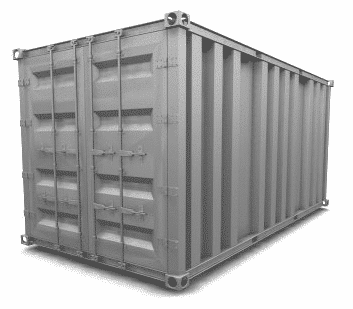
Identifying Common Issues
Oil water separators (OWS) must work right to keep our environment safe and follow the rules. Many problems can happen, making it hard to keep them running well. Knowing about these issues helps us fix problems before they get worse.
Oil Water Separation Inefficiencies
One big problem is when oil and water don’t separate well. This can lead to dirty water being released. Clogged filters and wrong flow rates are common causes. Keeping an eye on things and doing regular checks can spot these issues early.
Unusual Odors or Leaks
Strange smells in OWS can mean there’s a leak or something’s not working right. These smells are not just annoying; they can also mean there’s oil or harmful stuff in the system. It’s important to check for leaks and make sure everything is working as it should.
Alarm or Monitoring System Alerts
Alerts from OWS monitoring systems are key to catching problems early. Quick action to these alerts helps avoid bigger issues and keeps us in line with environmental rules. Knowing how to handle these alerts is key to solving OWS problems fast.
Initial Assessment Procedures
Starting an OWS initial assessment is key to finding problems early. It begins with a detailed visual inspection OWS to look for leaks or corrosion. This step fixes any visible issues before moving to more complex checks.
It’s also vital to check for any physical blocks that could stop the system from working well.
Visual Inspection Tips
Good visual inspection OWS is more than just looking for leaks. Inspectors need to check the pipes, seals, and connections for damage. They should also look for wear and tear signs.
It’s important to check the coalescing media too. This ensures it works right and doesn’t block the separation process.
Performing a Basic Functionality Check
A basic check for OWS system functionality tests if everything works right. It looks for any odd noises or flow issues that might mean bigger problems.
Observing Flow Rates and Pressures
Watching flow rates and pressures is a big part of the OWS initial assessment. By keeping an eye on these, operators can spot any changes that might mean trouble. Keeping these consistent is key for the system to run well and meet environmental rules.
Cleaning and Maintenance Protocols
Keeping an Oil Water Separator (OWS) working well needs regular cleaning and upkeep. The coalescing media is key in this process. It helps the separator work best by separating oil effectively.
As time goes by, dirt can build up, making the media less effective. So, it’s important to have a cleaning schedule.
Cleaning the Coalescing Media
Cleaning the coalescing media means getting rid of oil and solids that slow it down. It’s important to follow the right cleaning steps for the best results. Regular checks help remember when it’s time to clean.
Using eco-friendly cleaning agents makes this step even more effective.
Regular Maintenance Schedule
Having a regular maintenance plan is key to keeping the separator in good shape. It helps keep the separation quality high. Checking filters and solids chambers often prevents clogs and failures.
Preventive maintenance keeps operations running smoothly and meets environmental rules.
The Role of the Optional Oil Skimmer
Adding an oil skimmer to the OWS makes maintenance easier. It automatically takes out oils and hydrocarbons, making separation better. This system also makes the treated water cleaner and reduces the need for manual cleaning.
Enhancing Separation Efficiency
To make oil-water separation better, we need advanced solutions. New coalescing technology helps merge small oil droplets into bigger ones. This makes the system work better, making it easier for oil to float to the top.
How Enhanced Coalescing Technology Works
Coalescing technology is key for top-notch separation. Wastewater goes through the system, where oval oil droplets stick together with special media. This creates bigger oil clumps, which is vital for meeting strict standards.
Many systems, like those from Freytech, can even get down to 0.1 PPM. This is super important for dealing with tough oil-water mixtures.
Achieving 5 PPM Separation Efficiency
Meeting North American discharge limits is a big deal. A top-notch oil-water separator helps facilities meet these standards. This way, they avoid fines and keep their systems running smoothly for over 20 years.
Addressing Trace Emulsified Oil Concerns
Dealing with tiny oil droplets is tough. It’s important to know how to treat them. Freytech’s systems use new tech to remove these oils, making the oil skimmed almost pure.
Using these solutions keeps facilities in line with rules and makes the treatment process more efficient. For more info, visit Freytech.
Troubleshooting the Oil Skimmer
Understanding common problems with oil skimmers is key. Issues like clogging or mechanical failures can slow them down. Regular checks help keep them running smoothly and efficient.
Common Skimmer Issues
Clogging is a big problem for oil skimmers. It happens when solid particles or debris block the skimmer. Mechanical failures, like motor problems, also reduce their effectiveness. Spotting these issues early helps keep the skimmer working well.
Steps for Cleaning and Maintenance
Keeping the oil skimmer clean is vital. First, turn off the system for safety. Then, remove any debris from the skimmer. Rinse everything well and check for damage.
Having a regular maintenance plan helps avoid many problems. It keeps the skimmer running without a hitch.
Ensuring Proper Operation of the Skimmer
Checking the skimmer’s performance is important. Make sure the flow rates are right and it’s working as it should. Regular checks catch problems early, keeping oil recovery efficient and safe.
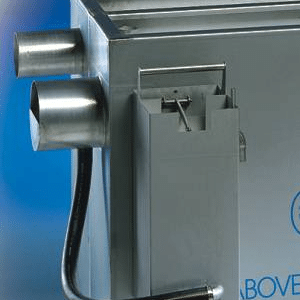
Water Quality Testing
Regular water quality testing is key for an oil water separator (OWS) to work well. It’s important to test often to make sure the water meets standards. By doing PPM tests, you can spot problems early.
Importance of Regular Testing
Testing often is vital for the OWS to work right and follow environmental rules. It lets operators catch contaminants early. This saves money and keeps the system in line with laws.
Testing Procedures for PPM Levels
There are different ways to test PPM levels, like grab sampling and constant monitoring. Following set testing rules is important for getting right results. This helps make changes and find ways to get better.
Responding to Non-Compliance Results
When tests show the water doesn’t meet standards, acting fast is key. Having a plan to fix the problem helps avoid bigger issues. Regularly checking results helps improve the system’s performance.
Customizing Your OWS System
Customizing OWS systems helps facilities meet their unique needs. Freytech, with over 30 years of experience, offers custom systems for both industrial and commercial use. These systems boost efficiency and reduce the need for constant monitoring.
Tailoring Solutions to Specific Needs
When customizing OWS, it’s important to think about the facility’s specific needs and performance goals. Integrated control systems can watch over many parts, like wash bay systems, making them more reliable. For example, rainwater collection systems with digital screens let you check tank levels in real-time, helping manage resources better.
Selecting the Right Freytech Equipment
Choosing the right Freytech equipment is key to a good OWS setup. Using top brands like Allen Bradley and Siemens ensures the systems last long and work well. Features like hands-off-automated switches make operations smoother. The systems also have durable stainless steel exteriors and are built to withstand harsh outdoor and industrial conditions.
Integration with Existing Infrastructure
It’s important to integrate OWS solutions with existing systems for smooth operation. Whether using the PlantPAx system or others, customizing OWS to fit existing frameworks is beneficial. Options for scalability mean the systems can grow with your needs, from small to large installations. This flexibility is essential for adapting to changing operational needs and improving efficiency.
Handling Oil Discharge and Recycling
Handling oil discharge well is key to protecting our environment and following the law. By recycling oil the right way, businesses can manage waste responsibly. This not only helps them follow rules but also helps the planet.
Importance of Efficient Oil Recycling
Good oil recycling is vital for cutting down waste and lessening harm to the environment. Oil water separators can remove almost all oil and solids from waste. This helps businesses meet EPA standards and care for our planet.
Best Practices for Used Oil Disposal
It’s important to dispose of used oil correctly to stay in line with the law and protect nature. Facilities should remove oil regularly and use special systems to treat it. This way, they can use water over and over again, cutting down on waste.
Environmental Benefits of Proper Discharge
Proper oil discharge brings big benefits to the environment. By recycling oil well, businesses keep harmful stuff out of our water. This not only keeps them out of trouble but also helps our ecosystems thrive.
Monitoring and Reporting
It’s key to watch over Oil Water Separators (OWS) to keep them working well and follow the rules. Regular checks help spot problems early. This means tracking important numbers like how much flows through and how long it runs.
Importance of Regular Monitoring
Checking OWS systems often makes them more reliable and cuts down on rule-breaking risks. With a set plan for checks, places can quickly handle any changes. This helps avoid harming the environment. Regular checks also help report how well the OWS is doing by giving true data.
Key Metrics to Record
Keeping track of important numbers is vital for keeping things running smoothly. You should note things like how much comes in and goes out, how much oil there is, and when you do maintenance. This info shows how well the system is doing and if it needs any fixes. Keeping these records up to date helps meet rules and makes it easier for checks.
Keeping Accurate Logs for Compliance
Keeping detailed logs is a must to show you’re following the rules. Good records help with inspections and planning for upkeep. They make it easier to report on OWS by having all the data ready for audits. This way, you can run things better and take care of the environment.
Getting Expert Help
In the world of oil water separators (OWS), knowing when to ask for help is key. Issues like the wrong installation of the balance line can cause big problems. These problems can stop the system from working right.
If you notice strange smells, leaks, or system warnings, it’s time to call Freytech Inc. They can help fix these problems.
When to Contact Freytech Inc.
When big problems happen, like too much condensation or issues with ISO purity, it’s best to get expert help. A drop in dew point means more moisture, which can hurt how well things work and how long they last. Freytech’s experts can find the problem and fix it for you.
Benefits of Professional Troubleshooting
Getting experts to help is more than just fixing problems. They can make your air systems last longer and be better for the environment. They also help you follow environmental rules and make your equipment work better.
How to Reach Freytech Support Services
To get help from Freytech, just visit their website or call their customer support line. Their team is ready to help with any issues or questions you have. Getting expert help can make your OWS system work better and give you peace of mind.
